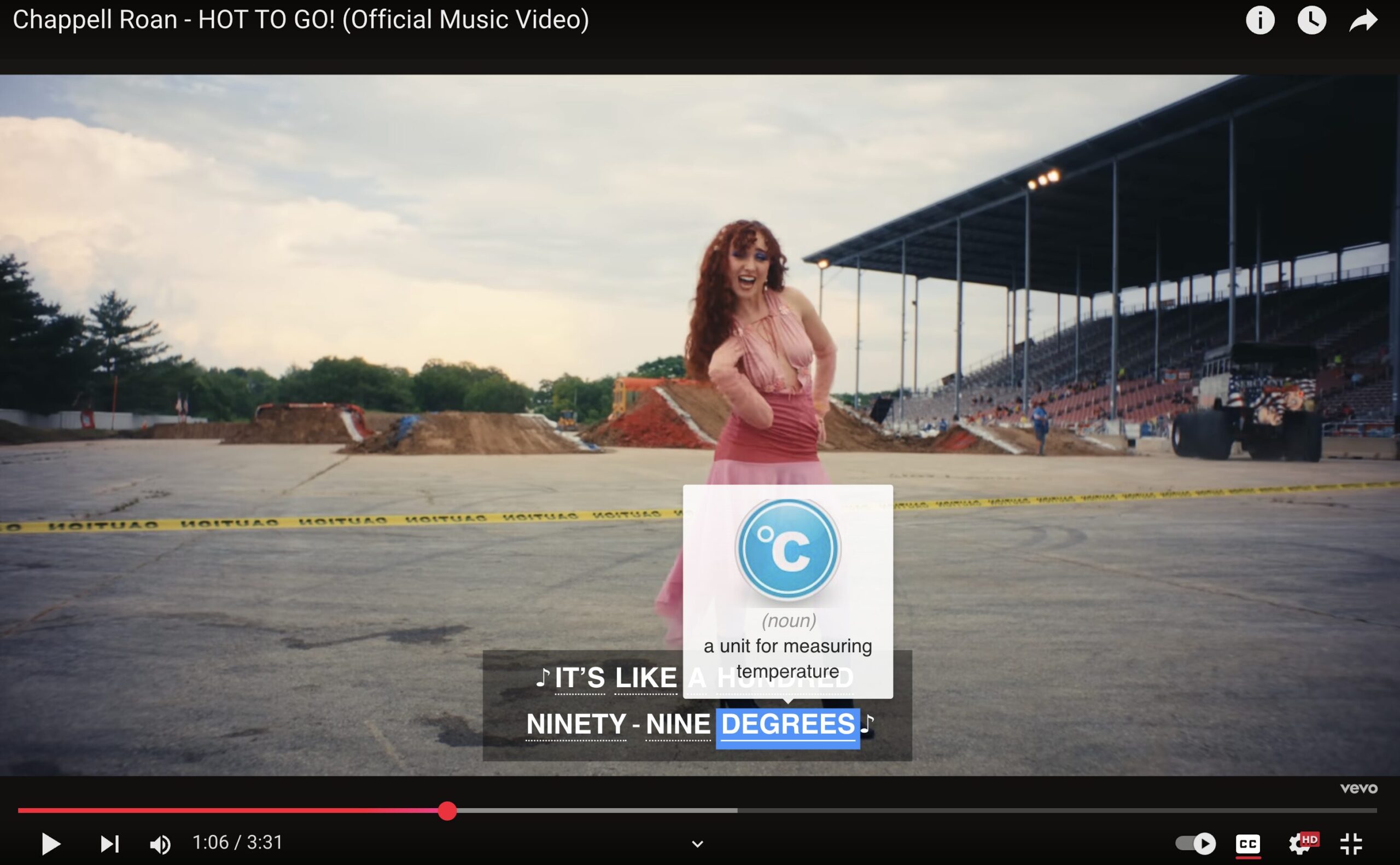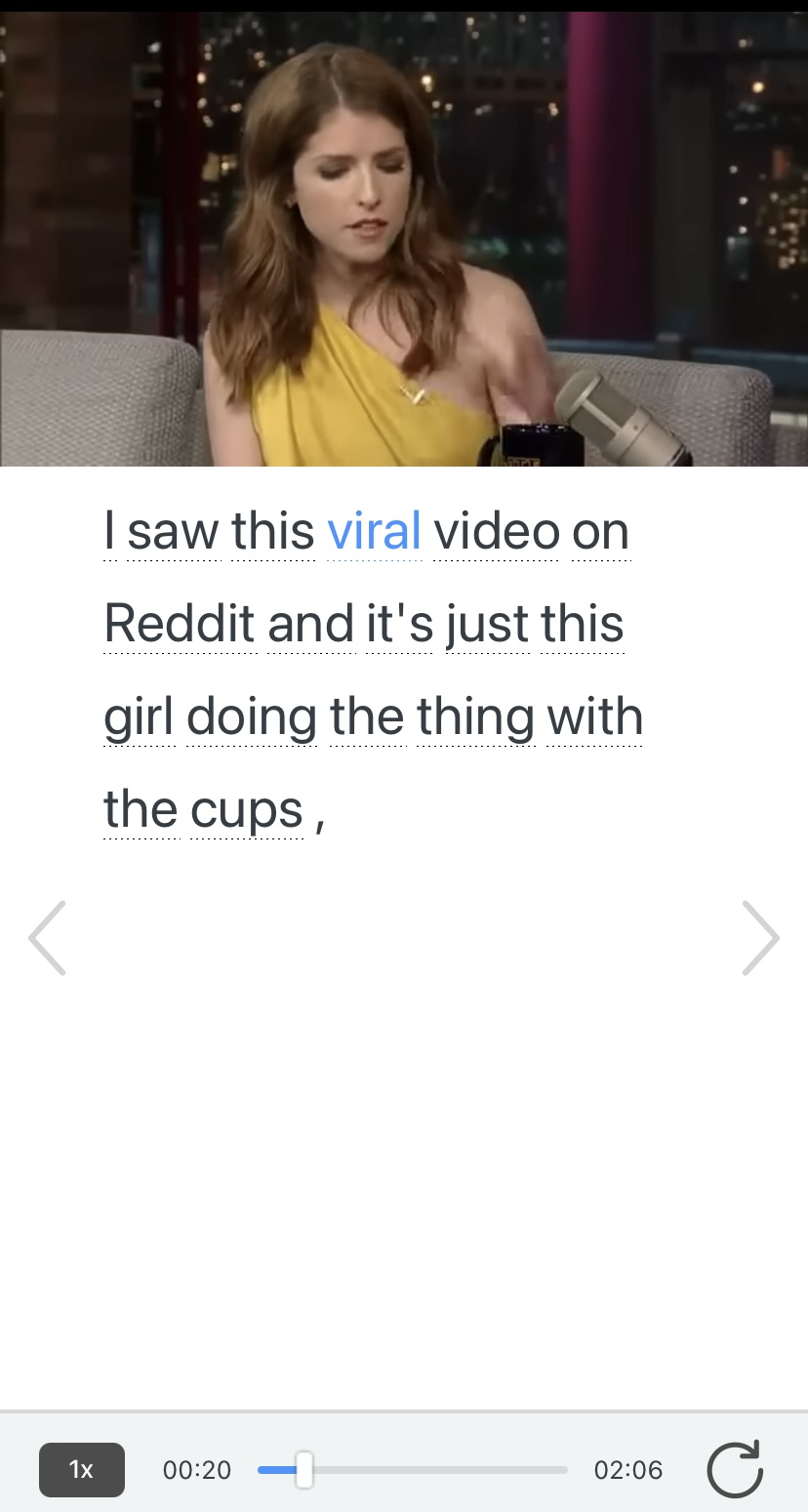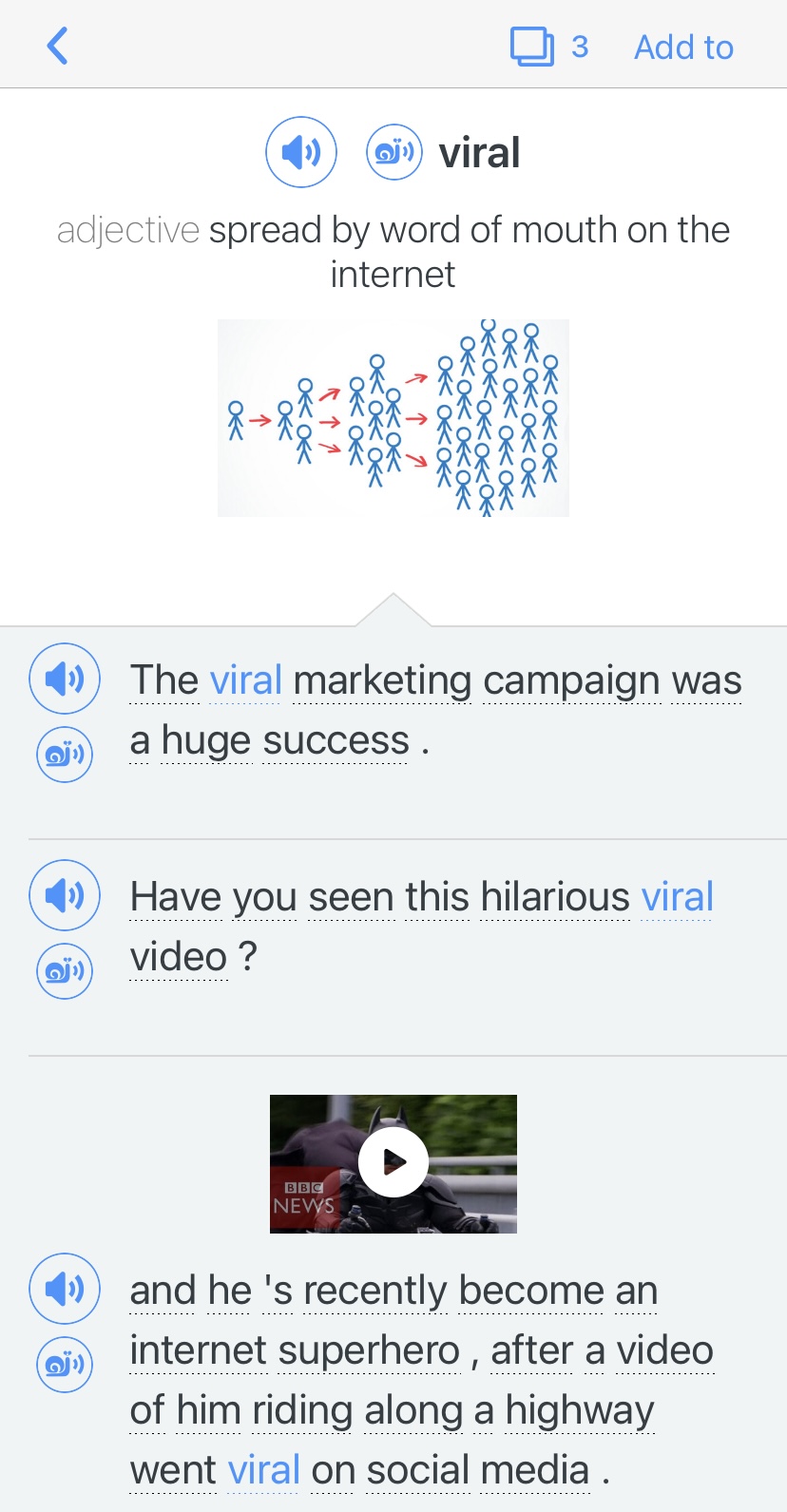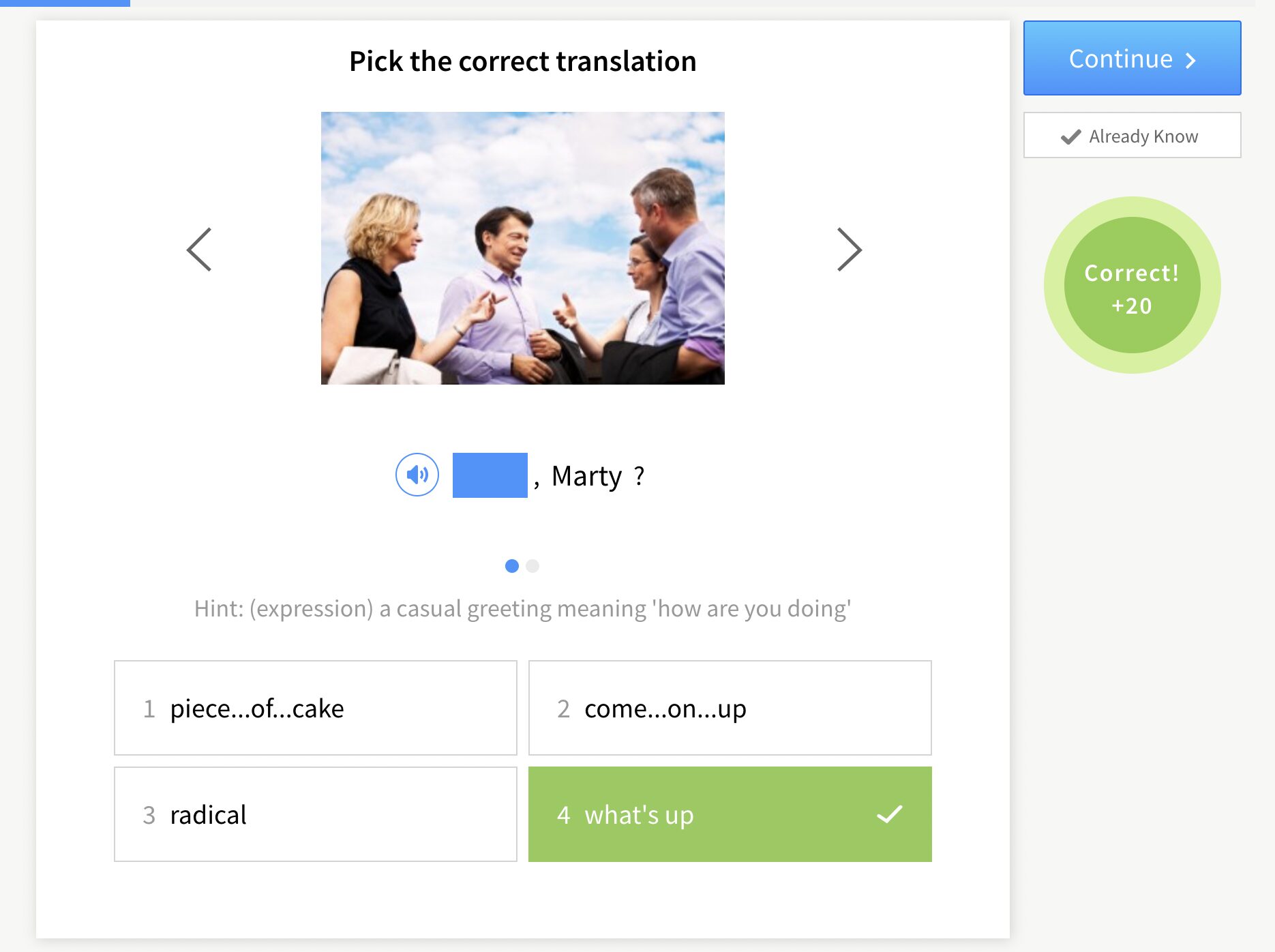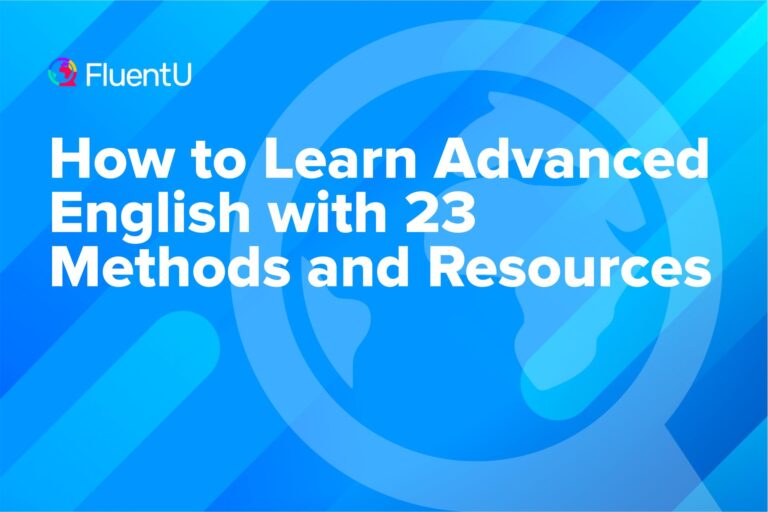26 Common Mistakes in English and How to Avoid Them
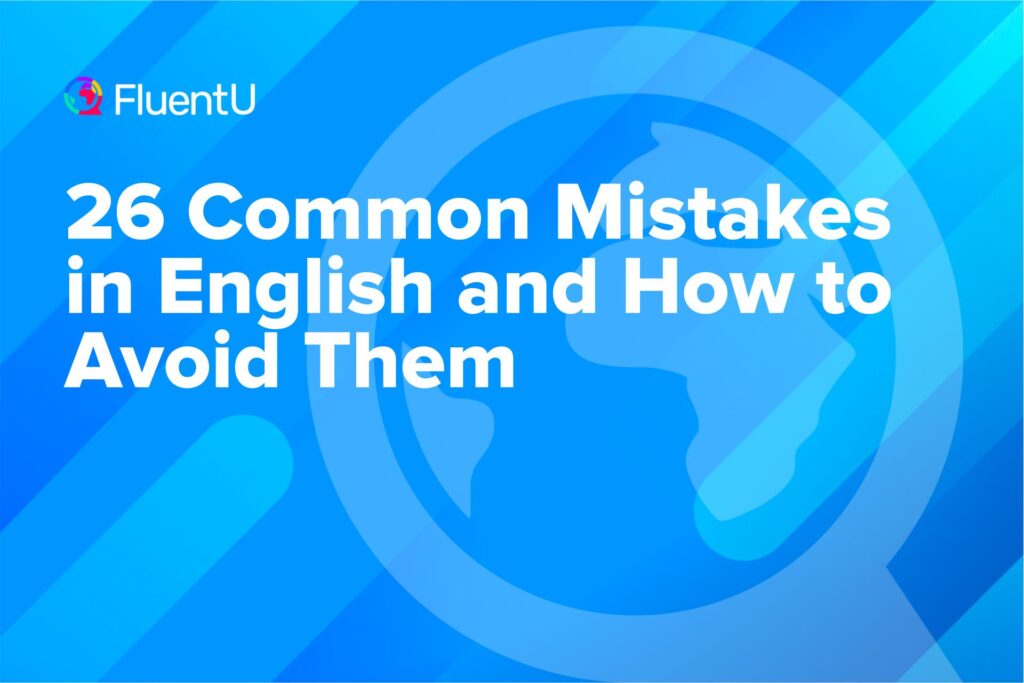
Embarrassment is universal, and everyone makes mistakes when learning a new language. Often, when you’re learning a new language, embarrassment occurs as the result of a spoken or written error.
But you need to make mistakes to learn better. In this post, we’ll go over the 26 most common mistakes in English grammar, speaking and writing.
Download: This blog post is available as a convenient and portable PDF that you can take anywhere. Click here to get a copy. (Download)
Grammar Mistakes
1. It’s or Its
Example Mistake: The spider spun it’s web. Its a very beautiful web.
“Its” (without an apostrophe) is the possessive version of a pronoun. It also happens to be one of the most commonly misused words in English.
In the above example, we should use the possessive “its” to talk about the spider’s web because the web belongs to the spider.
“It’s” (with an apostrophe) is a contraction of “it is” or “it has.”
When talking about the beauty of the web, we’re saying that it is a very beautiful web. Therefore, we should use the contraction “it’s” instead of “its.”
So, if you’re not sure which spelling to use—”it’s” or “its”—try adding “it is” or “it has” to the sentence. If neither of those phrases works, then its is the word you’re looking for.
Correction: The spider spun its web. It’s a very beautiful web.
2. Subject-verb Agreement
Example Mistake: The list of items are on the desk.
In the above sentence, the list of items is one singular list, so it’s incorrect to use “are.” We should use “is.”
Correction: The list of items is on the desk.
3. Gone or Went
Example Mistake: She had already went to the bathroom before they got in the car.
If you aren’t sure whether to use “gone” or “went,” remember that “gone” always needs an auxiliary verb before it.
Auxiliary verbs include: has, have, had, is, am, are, was, were, be.
“Went” can’t have an auxiliary verb before it.
In the sentence above, we used “went” even though the auxiliary verb “had” is also present. Since the word “had” is there, we should use “gone” instead of “went.”
Correction: She had already gone to the bathroom before they got in the car.
4. Watch, Look, See
Example Mistake: Stop watching my private journal. / I look at the snow falling. / I don’t play tennis, but I look at them playing every day.
“See,” “look” and “watch” are often confusing because their meanings are similar. Here’s the difference between the three verbs:
- Look — to look at something directly.
- See — to see something that comes into our sight that we weren’t looking for.
- Watch — to look at something carefully, often at something that’s moving.
So, we can “see” something even if we don’t want to, but we can only “look” at something on purpose.
Correction: Stop looking at my private journal. / I watch the snow falling. / I don’t play tennis, but I see them playing every day.
5. Pronoun Misplacement
Example Mistake: Take a deep breath through your nose and hold it.
The pronoun (it) in the sentence should replace nouns, but here it’s unclear which noun it’s standing in for.
The singular noun closest to the word “it” is “nose,” so it seems that “hold it” means to hold your nose. But we want someone to hold their breath—not their nose.
When we use pronouns properly, it should be easy to understand which single noun the pronoun stands for. Make sure to be very clear. If it’s unclear, don’t use the pronoun or change the sentence!
Correction: Take a breath through your nose and hold your breath.
6. May vs. Might
Example Mistake: He may have eaten the last piece of cake.
Deciding when to use “may” rather than “might” can be tricky because the difference between these two verbs is quite small. They both indicate that something is possible, but “might” suggests slightly more uncertainty than “may.”
“I might take a trip to India next year” means that maybe you will go to India, but maybe you won’t. “I may have a slice of cake after dinner” expresses slightly more certainty that you’re going to eat that cake.
The rule that “may” becomes “might” in the past tense is even more confusing. So, in the present tense, you would say “he may eat the last piece of cake,” but in the past tense, this sentence becomes “he might have eaten the last piece of cake.”
Correction: He might have eaten the last piece of cake.
7. Fewer vs. Less
Example Mistake: I wish you would turn off the lights, so we could use fewer electricity.
This mistake is difficult for English learners and native English speakers. Both “fewer” and “less” describe the opposite of “more,” but you need to look at the noun to decide which word to use.
“Fewer” is used for countable nouns, like books, cars, people or cups. Basically, if a number can come before the noun, like 2 books, 10 cars, 100 people or 5 cups, then the noun is countable.
“Less” is used for uncountable nouns, like love, water, electricity or science. If you can’t make the noun plural, then it’s an uncountable noun.
For example, you would say “This parking lot is too crowded. I wish there were fewer cars,” but “I wish you would turn off the lights, so we could use less electricity.”
Correction: I wish you would turn off the lights, so we could use less electricity.
8. Could, Should or Would
Example Mistake: That shirt looks great on you. I think you would buy it.
“Should” is used to give advice:
That shirt looks great on you. I think you should buy it.
“Would” is used to describe unlikely or unreal situations:
I would love to go to Italy, but I don’t have enough money.
“Could” can be used in three ways:
- To describe a past ability (“When I was younger, I could run twice as fast.”).
- To describe possibilities in the future (“If we work really hard, I think we could save up enough money for a vacation this year.”).
- To make polite requests (“Could I have a cup of tea?”).
Correction: That shirt looks great on you. I think you should buy it.
9. Bring vs. Take
Example Mistake: Please take me a snack.
“Bring” suggests movement toward the speaker, making it similar to “come.” You ask people to bring things to the place where you already are.
“Take” suggests movement away from the speaker, making it similar to “go.” You take things to the place where you are going. You could say “Don’t forget to take your book to school” or “Please take me home.”
Correction: Please bring me a snack.
10. Make vs. Do
Example Mistake: I need to do dinner.
“Make” usually means to create or produce something, as in “I need to make dinner” or “We made a strawberry cake yesterday.”
“Do” often requires an action or an activity, as in “do some exercise” or “do business.”
However, there are no clear-cut (clear) rules for these two verbs, and there are many exceptions as well as collocations you will need to learn by heart.
Here’s a helpful video from FluentU’s English YouTube channel you can watch to learn more about these two words:
Correction: I need to make dinner.
11. Adjective Order
Example Mistake: It’s a red big car.
If you’re using more than one adjective to describe a noun, they need to go in a specific order in the sentence. This is why “it’s a big red car” is correct, but “it’s a red big car” sounds wrong.
The normal adjective order is:
1) quantity or number
2) quality or opinion
3) size
4) shape
5) age
6) colour
7) nationality
8) material
Of course, using more than three adjectives to describe one noun is unusual, so you’ll rarely need to use all of these at once.
Correction: It’s a big red car.
12. Me vs. Myself
Example Mistake: I cleaned the entire house by me.
“Me” is an object pronoun, so it refers to the person who receives the verb’s action.
For example, you could say:
My parents want me to help with the chores more.
Please call me if you have any questions.
“Myself” is a reflexive pronoun—like himself, itself or themselves. For example, you could say:
I gave myself a break from studying today.
Correction: I cleaned the entire house by myself.
13. There, Their or They’re
Example Mistake: Their are five cafes on this street.
“There” is used to specify a place, as in this sentence:
The book is over there on the table.
It can also be used with the verb “to be” to indicate the existence of something.
“Their” is a possessive adjective—like my, your, or his. For example:
That’s their house.
Lastly, “they’re” is a contraction of “they are,” so it is the subject “they” plus the verb “are.” For example, you could say:
They’re going to play soccer with us tonight.
Correction: There are five cafes on this street.
14. A vs. The
Example Mistake: A movie was very interesting.
When you’re talking about something in a general way, use the indefinite article “a.”
But if you’re talking about something specific that everyone in the conversation is familiar with, then use “the.”
For example, if I say “Let’s watch a movie,” I’m suggesting that we watch any movie.
However, if I say “Let’s watch the movie,” I’m referring to a specific movie that you and I have already talked about watching together.
Correction: The movie was very interesting.
Speaking and Writing Mistakes
15. Future Tense
Example Mistake: I will be going to the dance party yesterday.
The future tense is being used to talk about the wrong time in the sentence above, since it’s talking about something that happened in the past.
You should only use the future tense when something has not happened yet but will happen in the future.
Correction: I will be going to the dance party tomorrow.
16. Literally or Figuratively
Example Mistake: I’m literally melting because it’s so hot. / Figuratively speaking, it’s 100 degrees out here.
This is a mistake because “literally” means “actually,” while “figuratively” means not real.
“Figuratively” is used to exaggerate or enlarge the meaning of something.
Correction: Figuratively speaking, I’m melting because it’s so hot. / It’s literally 100 degrees out here.
17. Loan or Borrow
Example Mistake: Can you borrow me that book? You can loan me my notes.
The listener may be confused, since “loan” means “to give” and “borrow” means “to take.” You simply have to memorize these to get the correct meaning.
For example, “borrow me that book” means “take me that book” in the above example.
Where do you want the listener to take the book? That isn’t what you meant to say!
Instead, you’d like to use the book, so you want someone to give it to you.
Correction: Can you loan me that book? You can borrow my notes.
18. Casual or Formal
Example Mistake: (At a job interview) “Hey, what’s up?”
Know your audience!
Casual talk is for friends, not your boss. This isn’t formal—it’s slang. It can even be considered inappropriate or rude.
To speak more formally in English, you should avoid contractions (say “how is” instead of “how’s”) and try to be more polite.
Correction: “Hello, how is everything going?”
19. Since or For
Example Mistake: I have known him for always. I saw him since last year.
You use “for” if you don’t have to calculate the time (because the amount of time is indicated in the sentence already). You use “since” if you do have to calculate it, because you only have the starting point.
Correction: I have lived here for two months. / I have lived here since 1975.
To get familiar with more confusing and similar English words, I recommend watching this video:
20. Academic English or Casual Texting Language
Example Mistake: (In an academic paper) If u want to know my opinion tho, IDK who should be president.
Try to break the habit of using text language to communicate your ideas. Write everything out completely.
This text style is inappropriate language to use for academic purposes. Slang words like “IDK” (which stands for “I don’t know”) are good for conversation and texting only.
Correction: If you want to know my opinion, I do not know who should be president.
21. Punctuation
Example Mistake: (In a business letter) Dear Mrs. Jones: I am still interested in the job and wanted to thank you for the interview! I hope you will consider me for the following programs, A, B and C.
Be sure you understand the purpose of your punctuation.
In the example above, when you address Mrs. Jones, you should only include a comma.
Colons (:) are used when you want to list something, and usually not when you’re addressing someone.
The exclamation point may be viewed as unprofessional. Often, they’re used to illustrate strong emotions, which a potential employer might not care for.
Correction: Dear Mrs. Jones, I am still interested in the job, and I wanted to thank you for the interview. I hope you will consider me for the following programs: A, B and C.
22. Run-on Sentences
Example Mistake: I am a woman and I am a good mother and I am an office worker.
If you can’t say it in one breath, you shouldn’t write it like that, either.
A run-on is a sentence where two or more independent clauses (complete sentences) are joined without appropriate punctuation.
The example is missing a period after “woman,” and it should contain two separate sentences.
Correction: I am a woman. I am a good mother and an office worker.
23. Apostrophes
Example Mistake: A womans hat was left on the bus. / Two dogs use the dish. It is the dogs’s dish.
Apostrophes indicate that a noun owns something. There are no apostrophes in the first sentence, even though it’s talking about the hat owned by the woman.
There is more than one dog in the second sentence, but the apostrophe is not used correctly. Singular nouns always add ‘s when you’re indicating possession, even if the noun ends with “s.”
Plural nouns not ending in “s” also take an ‘s. However, plural nouns that end with “s” have an apostrophe added after the “s.”
Correction: A woman‘s hat was left on the bus. / Two dogs use the dish. It is the dogs’ dish.
24. Capitalization
Example Mistake: one rainy day, i saw sarah at Union street library.
In this example, Union is the only word that has been capitalized when there should be more.
You should always capitalize the word when it’s:
- The first word in a sentence. In this sentence, the first word is “one,” so “one” should be capitalized.
- The pronoun “I.” Always capitalize “I.”
- A name that someone gave to a person, thing or place. “Sarah” should be capitalized, and “Union Street Library” should be completely capitalized because it’s the given name of a location.
Correction: One rainy day, I saw Sarah at Union Street Library.
25. Using Too Many Commas
Example Mistake: “Oh my gosh, I can’t believe he (or she) asked me out, this is the best day ever, I’ve been dreaming about this, I have no idea what to wear!”
Commas are not enough to slow down this sentence. Without a real break between those thoughts, the sentence becomes run-on.
If you use too many commas in your writing, you might be trying to fit too many thoughts into one sentence. You might also be creating run-on sentences.
Luckily, there are two very simple ways to fix this common mistake:
- Replace the comma with a period (I’ve been dreaming about this. I have nothing to wear.)
- Add a connecting word after the comma (I’ve been dreaming about this, but I have nothing to wear.)
For more about the often-misused comma, check this page.
Correction: “Oh my gosh, I can’t believe he (or she) asked me out. This is the best day ever! I’ve been dreaming about this, but I have no idea what to wear!”
26. Forgetting Hyphens
Example Mistake: He is an eight year old boy.
Hyphens connect ideas. They’re the glue that holds descriptions together. They’re a pretty big deal!
For example, the phrase: “dog-eating cat.”
By placing that little line between the words “dog” and “eating,” you’re marking them as a single description. This means that, with the hyphen, you have a cat who eats dogs.
Without the hyphen, the words “dog” and “eating” are not connected, changing the way the phrase is read. You now have “dog eating cat,” or a dog that’s actually eating a cat.
Are you scheduled to work twenty four-hour shifts or “twenty-four-hour shifts?” Are you a “small business owner,” or a “small-business owner?”
For the full details about hyphens and how to use them, GrammarBook.com and Penn Foster have clear guides.
Correction: He is an eight-year-old boy.
By avoiding these common mistakes in English, you can start speaking and writing more correctly.
You can also use language learning programs to help you speak or write. For example, FluentU teaches you English with videos.
FluentU takes authentic videos—like music videos, movie trailers, news and inspiring talks—and turns them into personalized language learning lessons.
You can try FluentU for free for 2 weeks. Check out the website or download the iOS app or Android app.
P.S. Click here to take advantage of our current sale! (Expires at the end of this month.)

Just take a deep breath and tell yourself that failure is just a part of the learning process. Learn from your mistakes, and watch your skills improve!
Download: This blog post is available as a convenient and portable PDF that you can take anywhere. Click here to get a copy. (Download)
And One More Thing…
If you’re like me and prefer learning English on your own time, from the comfort of your smart device, I’ve got something you’ll love.
With FluentU’s Chrome Extension, you can turn any YouTube or Netflix video with subtitles into an interactive language lesson. That means you can learn from real-world content, just as native English speakers actually speak.
You can even import your favorite YouTube videos into your FluentU account. If you’re not sure where to start, check out our curated library of videos that are handpicked for beginners and intermediate learners, as you can see here:
FluentU brings native English videos within reach. With interactive captions, you can hover over any word to see an image, definition, and pronunciation.
Just click on the word to see other example sentences and videos where the word is used in different contexts. Plus, you can add it to your flashcards! For example, if I tap on the word "viral," this is what pops up:
Want to make sure you really remember what you've learned? We’ve got you covered. Practice and reinforce the vocab from each video with learn mode. Swipe to see more examples of the word you’re learning, and play mini-games with our dynamic flashcards.
The best part? FluentU tracks everything you’re learning and uses that to create a personalized experience just for you. You’ll get extra practice with tricky words and even be reminded when it’s time to review—so nothing slips through the cracks.
Start using the FluentU website on your computer or tablet or, better yet, download our from the App Store or Google Play.
Click here to take advantage of our current sale! (Expires at the end of this month.)
